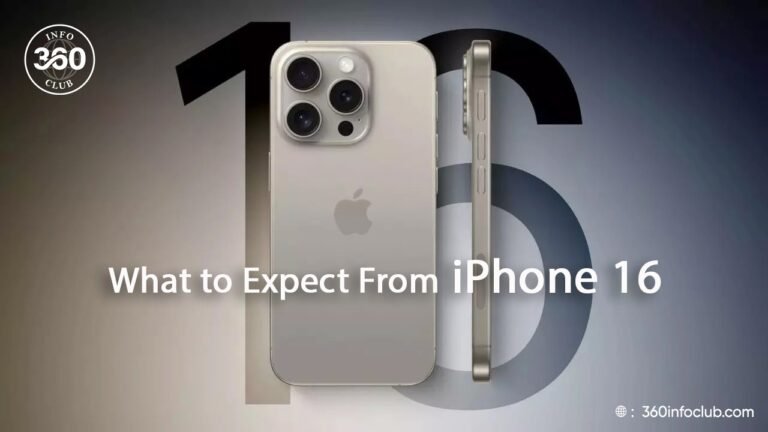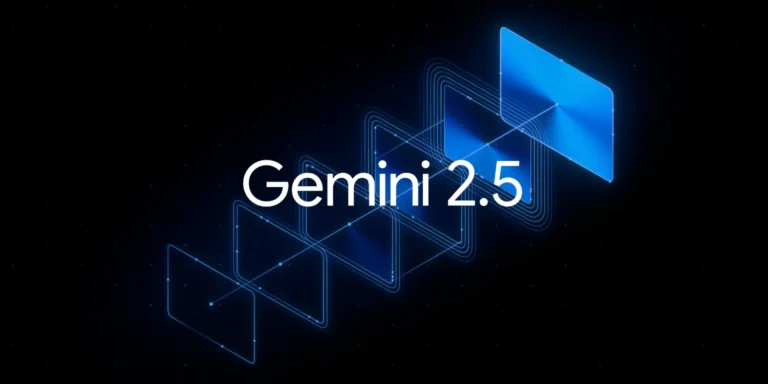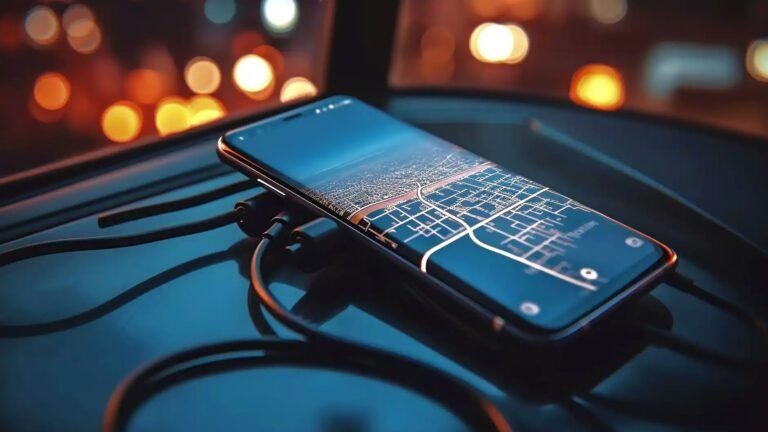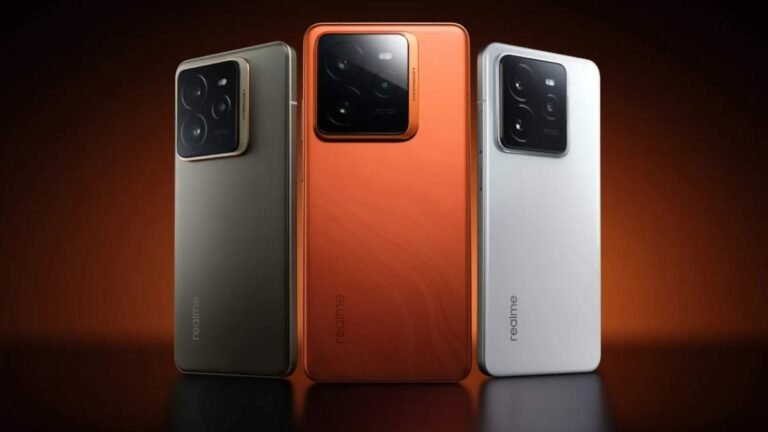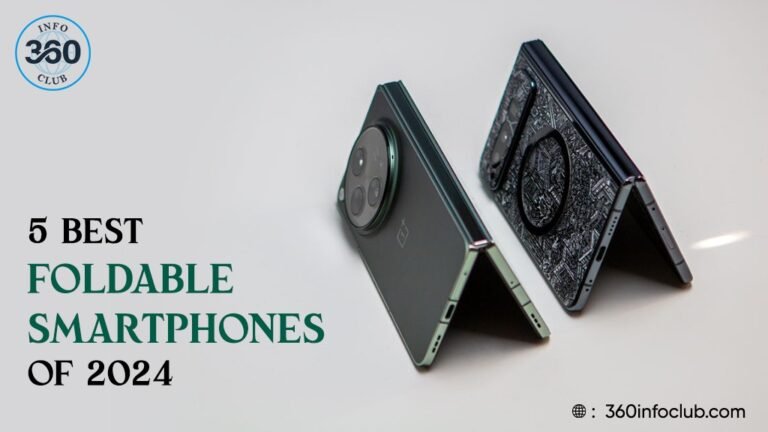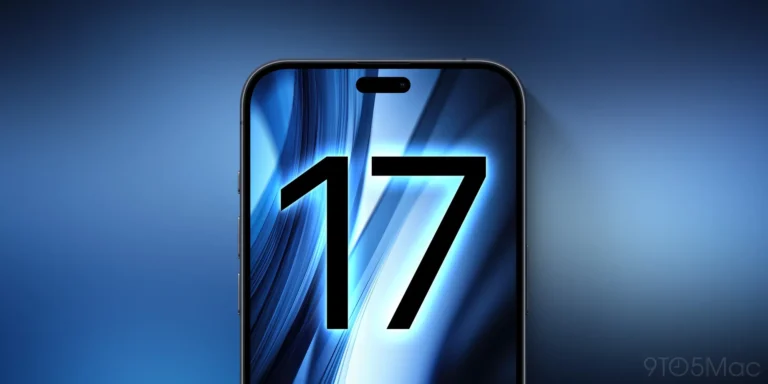Ghibli AI Art & More—Stay Safe While Creating
Since the release of Ghibli AI art generator by OpenAI, it has been sweeping social media with painters and artists from all types of walks, sharing their AI-generated portraits in the style of no less than the animation giant, Hayao Miyazaki. The latest version allows users to transform their photos—or even viral internet memes—into stunning Ghibli AI art.
Grok, an AI chatbot by Elon Musk, comes with a Ghibli AI art generator of a similar kind. The feature is part of Grok 3 and makes Ghibli-like images free of cost for users to use.
Privacy Concerns Around AI-Generated Ghibli Art
Despite the enthusiasm, privacy advocates on X (formerly Twitter) are raising alarms about potential data misuse. Some believe that OpenAI could be leveraging this viral trend to collect thousands of personal images for AI training. While users enjoy the novelty of Ghibli AI art, critics warn that they may be unknowingly providing OpenAI with fresh biometric data, leading to serious privacy concerns.
Nobody opposes the idea that copyright conflicts are at the forefront of AI-generated content. Privacy crusaders maintain it to be a big corner for OpenAI to get its hands on pictures voluntarily uploaded by real people, going dribbling around restrictions against web-scraping data.
If OpenAI wants to scrape such images, the interpretation of GDPR should be against the legal basis of “legitimate interest” since the safeguarding of privacy will depend on the latter’s following. It will be different if the images exhibited by the users have already been uploaded willingly. That would consider OpenAI’s action under their consent as emphasized in Article 6.1.-a of the GDPR, which will instill broader freedom for them to do anything with it.
Luiza Jarovsky, co-founder of the AI, Tech & Privacy Academy, highlighted this concern in a detailed post on X, stating that OpenAI’s privacy policy explicitly mentions collecting personal data input by users unless they opt-out.
Related Post: Google Unveils Gemini 2.5: Why Is It Most Powerful AI Model?
OpenAI could keep the original photos, but third-party AI services and social media platforms would only access Ghibli-style versions.
Experts Warn Against Blindly Uploading Images
Cybersecurity group Himachal Cyber Warriors issued a cautionary post:
“Think before you #Ghibli. That cute Ghibli AI art selfie? It might cost more than you think. Your photo could be misused or manipulated. There is a possibility that AI will train on this data without your consent. Data brokers might sell it for targeted ads. Stay cyber smart. Your privacy matters.”
What ChatGPT and Grok Said About Privacy
ChatGPT’s Response:
When it comes to uploading images, OpenAI’s Ghibli AI art generator offers no safety guarantee. Nope, it is not safe to upload personal photos anywhere on AI unless you have verified each AI’s privacy policies and data handling norms. OpenAI does not retain or use any uploaded pictures beyond the end of the session, but it is safest to avoid sharing sensitive or personal images with AI services.
Grok’s Response: When asked whether it is safe to upload personal photos into Grok 3’s Ghibli AI art generator, Grok replied:
“At the moment, AI does not explicitly state how long it retains uploaded images or if they’re used in future model training. Many AI tools—including competitors—store uploaded data on servers, where it could be vulnerable to breaches. Without opting out (Grok, via the platform’s settings, if you prefer), your pictures might end up being fed to AI training activities.”
The response further warned:
“If your photo is AI processed, it might be possible for AI to duplicate your digital material elsewhere. While there’s no evidence Grok 3 does this intentionally, data leaks remain a risk.”
Ways to Safeguard Your Privacy Whenever Using Art Generators Powered By AI
If you are tempted to try Ghibli AI art but are concerned about privacy, here are some precautions:
- Be careful before uploading personal pictures to websites to create AI-generated images.
- Do not place high-resolution photos on social media platforms for AI to study and learn.
- Opt for fingerprint recognition on devices instead of facial recognition for security measures.
- Limit camera access by reviewing app permissions.
Exploring a Ghibli AI Art Alternative
If you love Ghibli-style art but want to avoid potential privacy risks, consider using a Ghibli AI art alternative. Some platforms offer offline AI tools or commissioned digital artists who can create hand-drawn Ghibli-inspired avatars without the risks associated with AI-generated images.
Final Words
As AI art generators grow in popularity, users must balance creativity with caution to protect their digital identities. While Ghibli AI art is undeniably captivating, ensuring data privacy should remain a top priority.


